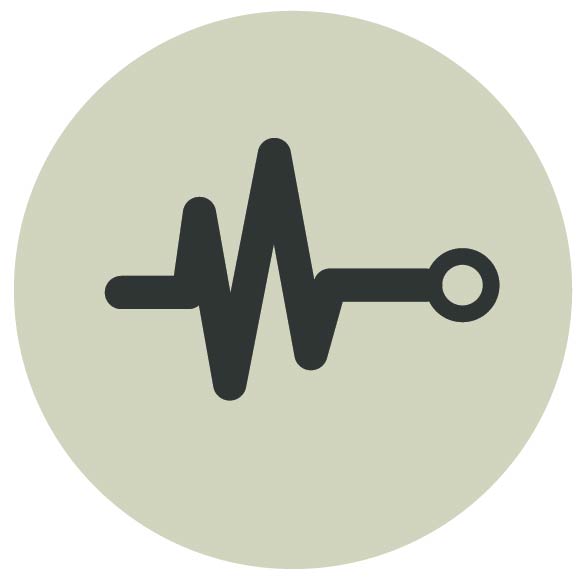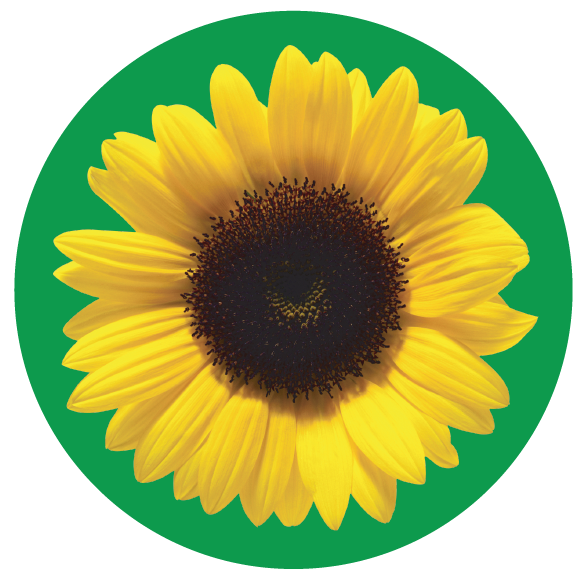Lupus is an autoimmune condition that can affect various parts of the body, including the skin, joints, and organs. It is characterised by inflammation and damage to healthy tissue, caused by the body's immune system mistakenly attacking and destroying its own cells, tissues and organs.
The content on this page is provided solely for information purposes and provides an overview of the subject matter covered. It is not a substitute for professional medical advice, diagnosis or treatment. If you think you have lupus, please seek further information. The information on this page is subject to change without notice.
Lupus is an invisible disability
 Around 5 million people in the world live with a form of lupus
Around 5 million people in the world live with a form of lupus Lupus is a life-long condition and is not contagious
Lupus is a life-long condition and is not contagious Lupus is the third most common autoimmune disease after rheumatoid arthritis & multiple sclerosis
Lupus is the third most common autoimmune disease after rheumatoid arthritis & multiple sclerosis Around 63% of people living with lupus have originally been misdiagnosed
Around 63% of people living with lupus have originally been misdiagnosed Only around 20% of people living with lupus develop it as children
Only around 20% of people living with lupus develop it as children Most people living with lupus develop it between 15 and 45 years of age
Most people living with lupus develop it between 15 and 45 years of age 70% of all known cases of lupus are systemic lupus erythematosus (commonly known as SLE)
70% of all known cases of lupus are systemic lupus erythematosus (commonly known as SLE) People living with SLE have something called “flares,” which is when their symptoms flare up
People living with SLE have something called “flares,” which is when their symptoms flare up
Lupus is complex and highly personal. It affects many different organs at the same time, and each person experiences it differently.
Types of lupus
Systemic lupus
Systemic lupus erythematosus (SLE) is the most common type of lupus which affects numerous organs, especially skin, joints, and kidneys. It can range from mild to severe. People with SLE may also experience neurological symptoms such as seizures or cognitive difficulties
Cutaneous lupus
This type of lupus affects only the skin. It causes rashes and sores on the face, scalp, ears, and other areas of the body. These rashes can scar and cause changes in skin pigmentation.
About 10% of all lupus cases are cutaneous. This may be experienced by people who do not have systemic lupus.
Drug-induced lupus
This form of lupus is caused by certain prescription drugs, and the symptoms of drug-induced lupus are similar to SLE. The symptoms usually disappear when the medication is discontinued.
Neonatal lupus
Neonatal lupus is a rare condition that affects babies and is caused by antibodies acting on the infant in the womb. At birth, the infant may have a skin rash, liver problems or low blood cell count.
Symptoms of lupus
Symptoms can vary from person to person and many people with lupus will not experience all of the symptoms listed below. For some people, lupus can often flare up and symptoms become worse for a few weeks, sometimes longer, and then settle down. For others, their symptoms are constant while for others their symptoms can change over time.
Most common symptoms:
- Extreme fatigue – feeling tired and lacking in energy, even with an adequate amount of sleep
- Skin rashes – these most commonly develop on the face, wrists, and hands. One of the most common is a rash known as a ‘butterfly rash’ over the cheeks and nose. Skin rashes that are caused by lupus may be permanent and be made worse with exposure to sunlight
- Joint and muscle pain
Other symptoms:
As well as the most common symptoms listed above, lupus may cause a number of other symptoms. However, it is unlikely that someone have all of the symptoms listed below, and many people with the condition will only experience the most common symptoms. Some of the other symptoms are listed below:
- Headaches
- Low fevers
- Sensitivity to sunlight or fluorescent light
- Chest pain when breathing deeply
In addition to skin rashes listed above, people with lupus may experience symptoms that affects their skin and hair such as:
- Hair loss
- Sores in the mouth or nose
- Fingers and toes turning white or blue and feeling numb when a person is cold or stressed (Raynaud’s phenomenon)
Living with lupus and challenges faced in daily life
Living with an invisible disability can be challenging and can have a considerable impact on a person’s quality of life. Not everyone with a non-visible disability will face the same challenges and barriers as they may vary depending on the individual, the condition they are living with and their support system.
Here are some of the challenges and barriers that someone living with lupus may face:
- Discrimination and stigmatisation due to the invisible nature of the condition and lack of understanding and awareness about it
- Living with lupus requires ongoing effort in planning and organising
- Barriers such as location and finances can make accessing quality care and support services challenging
- Being out in the sun or having close exposure to fluorescent or halogen light are common triggers for lupus flares
- Fatigue, pain, and stiffness can impact daily activities
- Increased breathlessness, particularly when active, and trouble walking or climbing stairs
- Waking up at night due to difficulty breathing and chest pain can mean feeling very tired and unfocused during the day
- Requiring special equipment for health issues
- Managing the stress and physical demands of commuting, carrying heavy books or papers, and sitting for hours at a desk or computer
- Managing and dealing with mental health challenges such as depression, anxiety, and other emotional difficulties
- Difficulty in maintaining relationships, leading to isolation and loneliness
- Challenges finding job opportunities
- Employment and workplace discrimination
- Dealing with increased feelings of inadequacy or alienation due to friends and family not understanding lupus
- Cultural and family needs may cause barriers and can affect how well a person manages their condition
Assistance and support you can offer
Lupus, like other non-visible disabilities, is different for everyone; and it is difficult to generalise recommendation for everyone living with lupus.
Each person's experience with lupus can be different, so it is important to communicate with and listen to the individual to understand how best to support them.
Here are some of the ways you can offer your support:
- Find out about lupus and its symptoms
- Ask how you can help
- Be a good listener and offer emotional support. People with lupus often experience feelings of isolation, so having someone to talk to can make a big difference
- Be patient and understanding of their limitations and symptoms. Lupus is a chronic condition and symptoms can flare up unexpectedly
- Be aware of the triggers of lupus and help them to avoid them
Look out for these Sunflower icons
 I may need more time
I may need more time I am sensitive to light
I am sensitive to light I cannot stand for long periods of time
I cannot stand for long periods of time I may need a place to sit down and rest
I may need a place to sit down and rest I have a hidden disability
I have a hidden disability
The content on this page is provided solely for information purposes and provides an overview of the subject matter covered. It is not a substitute for professional medical advice, diagnosis or treatment. If you think you have lupus, please seek further information. The information on this page is subject to change without notice.





